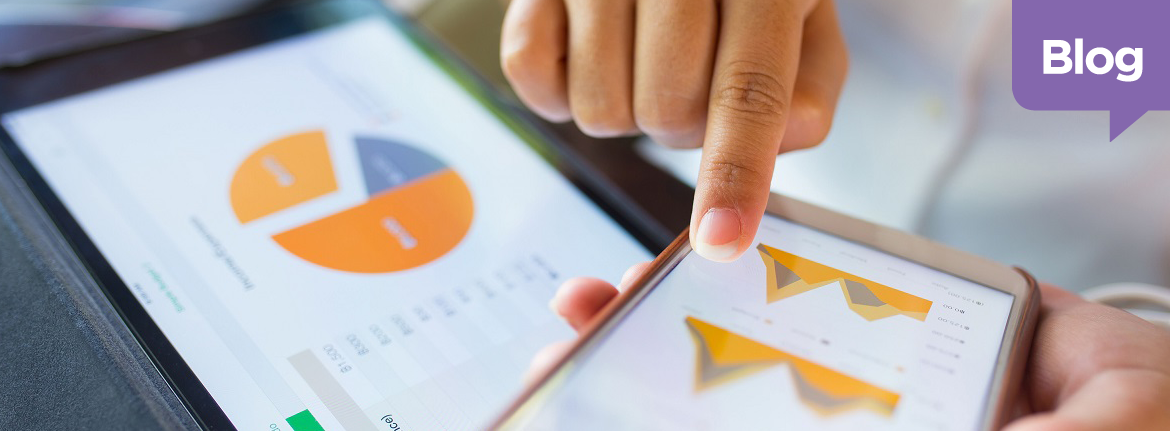
Bring-Your-Own-Device (BYOD) and Labor Law
Bring-your-own-device (BYOD) policies reign supreme in today’s workplaces. Nearly nine out of ten (87%) companies expect employees to use personal devices for work purposes.
In fact, at many organizations, using a smart device is a necessity. Nearly two-thirds of organizations use some kind of in-house app related to critical enterprise systems. With BYOD, companies don’t have to go to the expense of equipping their workers with the smartphones or tablets needed to access these apps. This can produce major cost savings; Cisco estimates it saves $350 per year per employee.
Further, using personal devices may help boost productivity, perhaps due to familiarity with the device. A Frost & Sullivan study estimates BYOD policies save nearly an hour per employee every day, equivalent to a productivity gain of 34%.
However, BYOD programs are subject to a host of labor laws and employment issues for which non-compliance can prove costly.
For example, the Fair Labor Standards Act (FLSA) mandates that non-exempt workers must be compensated for work time beyond 40 hours, and that includes time spent on work tasks on a personal device after hours. In other words, if your employees go through their work emails from their personal devices in the evening, that could be compensable time; and if you don’t pay, you’re breaking the law.
Privacy laws may also apply. Regulations like HIPAA in healthcare and PCI-DSS in banking require that specific kinds of data must be protected. Unfortunately, it becomes much more difficult for organizations to enforce data protections on employees’ personal devices. Your workers may be using external services to store or share work-related information without your awareness, services which may or may not meet the privacy laws to which your business is subject.
Use of such outside, unapproved sources can lead to further headaches. If your organization is sued, you may be required to produce certain information and documentation. But if you don’t control where employees store that information, will you be able to access it? Will you even necessarily know it’s there in the first place?
So, how can you maximize the benefits of BYOD while minimizing the compliance risks? Begin by formulating comprehensive, clear policies. Then, ensure that employees review and agree to those policies. Fundamentally, clarify when, where, and under what circumstances it is allowable for workers to use the device for work purposes.
It will probably be a good idea for HR and IT personnel – and possibly legal as well – to collaborate in formulating these policies, since they are all affected.
CoAdvantage, one of the nation’s largest Professional Employer Organizations (PEOs), helps small to mid-sized companies with HR administration, benefits, payroll, and compliance. To learn more about our ability to create a strategic HR function in your business that drives business growth potential, contact us today.